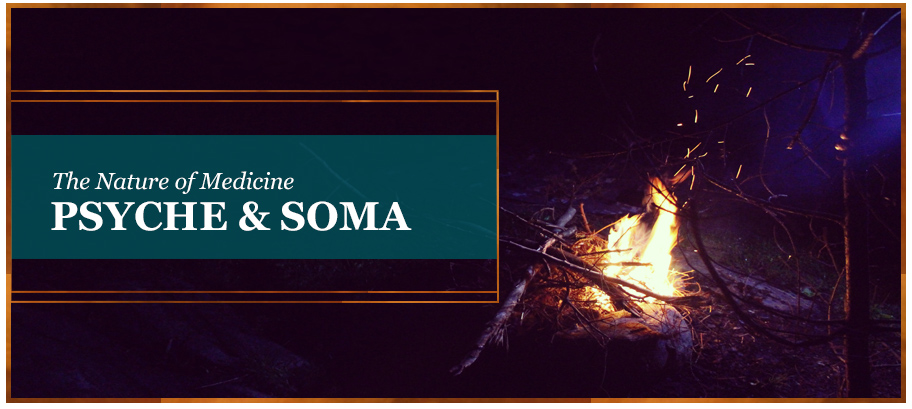“My aim is to bring about a psychic state in which my patient begins to experiment with his own nature—a state of fluidity, change and growth, in which there is no longer anything eternally fixed and hopelessly petrified.”
Carl Jung (from: Modern Man in Search of a Soul)
I want to tell you everything I know about healing that you cannot find easily in other sources. None of this knowledge is secret; it’s just difficult to synthesize. Sometimes I imagine myself traveling in the footsteps of Isis, gathering up the pieces of dismembered bodies of work and drawing them together. Remembering is central to healing work of any kind.
Re-membering is an essential component of medicine.
It’s more about putting back together than recall of the past.
A memory from 2009:
She came to see me once or twice a week for bodywork. The pain was always moving. It lodged sometimes in her neck and others in her calves, sometimes cried out from her lower back or nestled into the deep external rotators of the hips. More than anything, she seemed to suffer from loneliness. Trauma and intelligence had knit themselves together to mount a defense so strong that she kept everybody out. Her career soared. Her body suffered. And from the ground of her body’s physical suffering, she could speak the otherwise unspeakable.
Help me.
Touch me.
It hurts.
One day, she told me in a faraway voice about a dream she had since I had seen her last. “I had the strangest dream,” she said, “You were standing over me wearing a bloody apron, like you were a butcher or something…” It was an image not unlike that of an orthopedic surgeon, the fearsomeness and muscle of putting something (someone) back together.
Sometimes, re-membering is as bloody as the dismemberment that came before.
But we’re not talking about healing today. We’re talking about medicine. It’s a harder conversation for me to have with you. In my country, one does not practice medicine without a license. I strictly avoid even the insinuation that I’m on the wrong side of that line.
Someone once told me that medicine is anything with power.
This definition strikes me as too broad for daily use. Donald Trump has power. It takes too many spiritual contortions for me to see him as medicine. And I’m not ready to surrender the distinction between medicine and poison even as I acknowledge the muddy way they slide into one another.
To talk about medicine, I used to invoke the idea of a spectrum. Food can be medicine. Poisonous things can be medicine. Plants can be food, or poison, or medicine. Drugs can be medicine or poison. Beauty can be medicine or poison, just like the many various things that get called “love.” The best way I can describe the spectrum is that it has to do with concentration.
If you ask an herbalist how to increase something’s potency her answer will always be the same. Concentrate.
Concentration is not enough.
The nature of medicine also varies across a dimension I am compelled to call Conversation. Does the medicine speak to you or speak at you? What had been a spectrum before now seems to me a quaternity. This is the model of medicine that I’ll be describing tonight.
One last thing to remember: the word medicine begins with the Proto-Indo-European root *med (think: meditation) which also forms the beginning of the name of that famous fictional sorceress who poisoned her children. (Poison is never far away.) Medicine requires careful thought, consideration, study. It’s a matter of concentration. There will be nothing haphazard about tonight’s conversation.
The Nature of Medicine
Tuesday, April 11th @ 7pm Eastern

